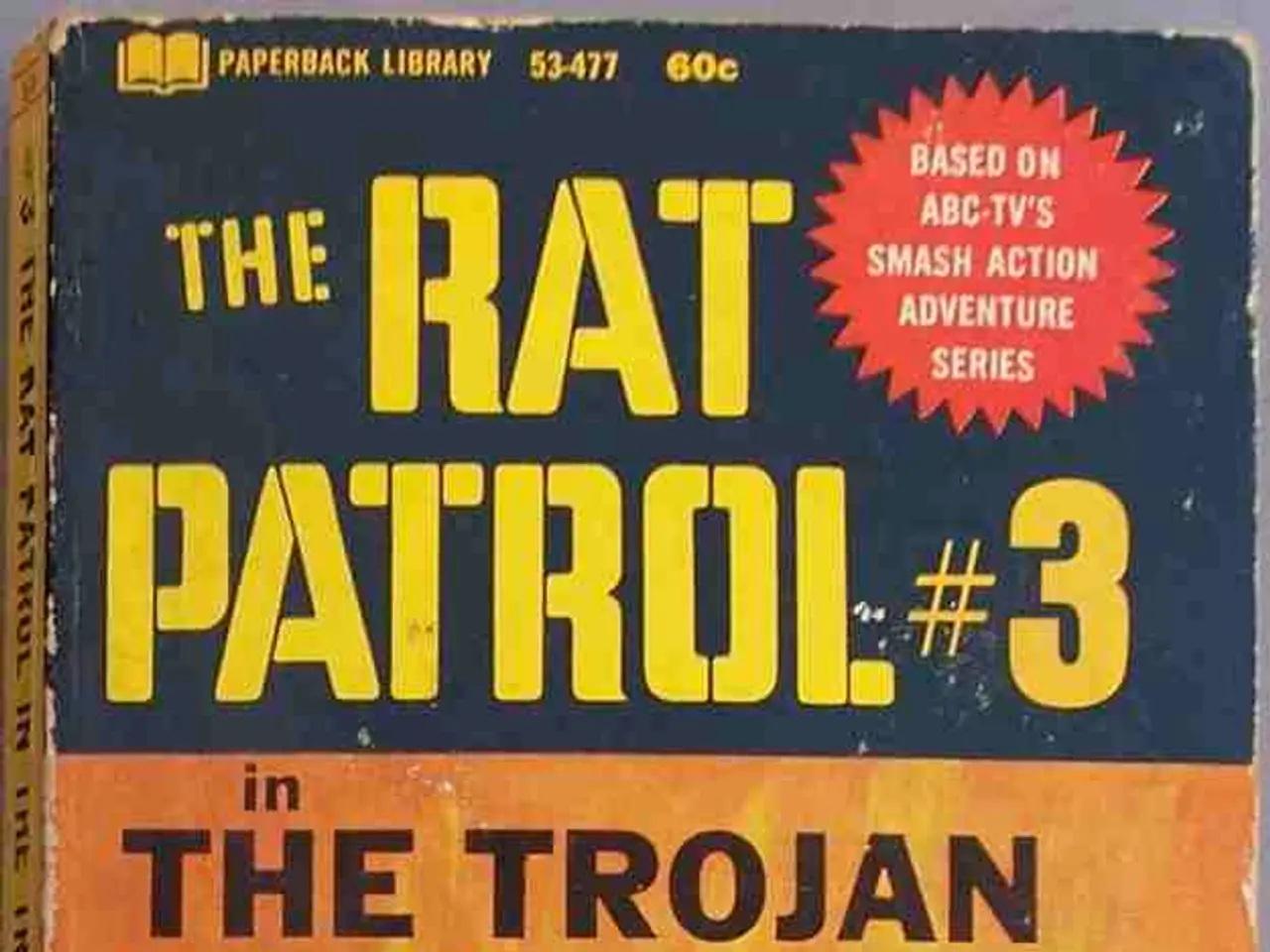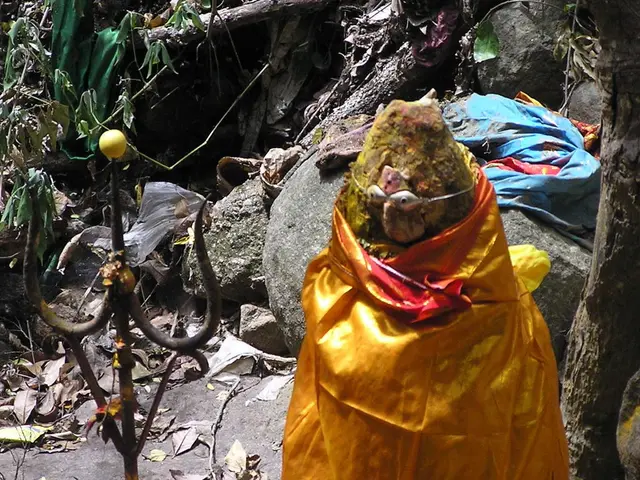Sudan's ongoing civil war facilitates the expanding cholera outbreak
In conflict zones like Sudan, where infrastructure is destroyed and people are displaced, access to clean water becomes a luxury, not a right. This unfortunate reality has fueled a rapid spread of cholera, a highly contagious diarrheal disease, throughout the country.
Cholera, transmitted through fecal contamination of drinking water sources, has been spreading throughout Sudan for over a year, with around 100,000 cases recorded. The current epidemic is considered the worst the country has seen in years. Over a million Sudanese live in makeshift camps in dire conditions in Chad, according to a report by Care, an American NGO.
In these camps, families often have no choice but to drink contaminated water. In the Tawila camp, residents have access to an average of only three liters of water per day, less than half the minimum emergency threshold of 7.5 liters per person per day. This dire situation has led to tragic consequences, with two weeks ago, a body was found in a well, and people were forced to drink that water again, according to Sylvain Pénicaud, MSF coordinator in Tawila.
The disease has also spread to neighboring countries, including Chad and South Sudan. The cholera epidemic was declared in South Sudan in October 2024, three months after the one in Sudan. In less than a year, South Sudan recorded over 80,000 cholera cases, including 1,400 deaths, according to a UN report.
The dismantling of USAid by the Trump administration is not mentioned in the report by Care, but it is noted that it has had an impact on humanitarian aid in Chad. Many agencies in Chad have been forced to halt operations due to budget cuts.
Despite these challenges, humanitarian efforts are underway to provide clean water and prevent cholera in conflict-affected Sudan and neighboring regions. These efforts include the emergency provision of safe water, water purification, cholera treatment centers (CTCs), community education and hygiene promotion, coordination with local health ministries, cross-border responses, vaccination, and medical supplies.
The volatile security situation, damaged infrastructure, heavy rains, and high displacement rates severely hamper sustained access and response effectiveness. However, these efforts reflect a multi-pronged approach focusing on prevention through clean water and sanitation, rapid treatment, community awareness, and infrastructure support.
In summary, clean water access is vital to break cholera transmission in conflict zones, and current humanitarian efforts in Sudan and neighboring refugee-affected areas involve emergency water supply, treatment, hygiene campaigns, and coordination with local authorities to combat this epidemic. It is a race against time to provide the necessary aid and resources to prevent further loss of life and suffering.







